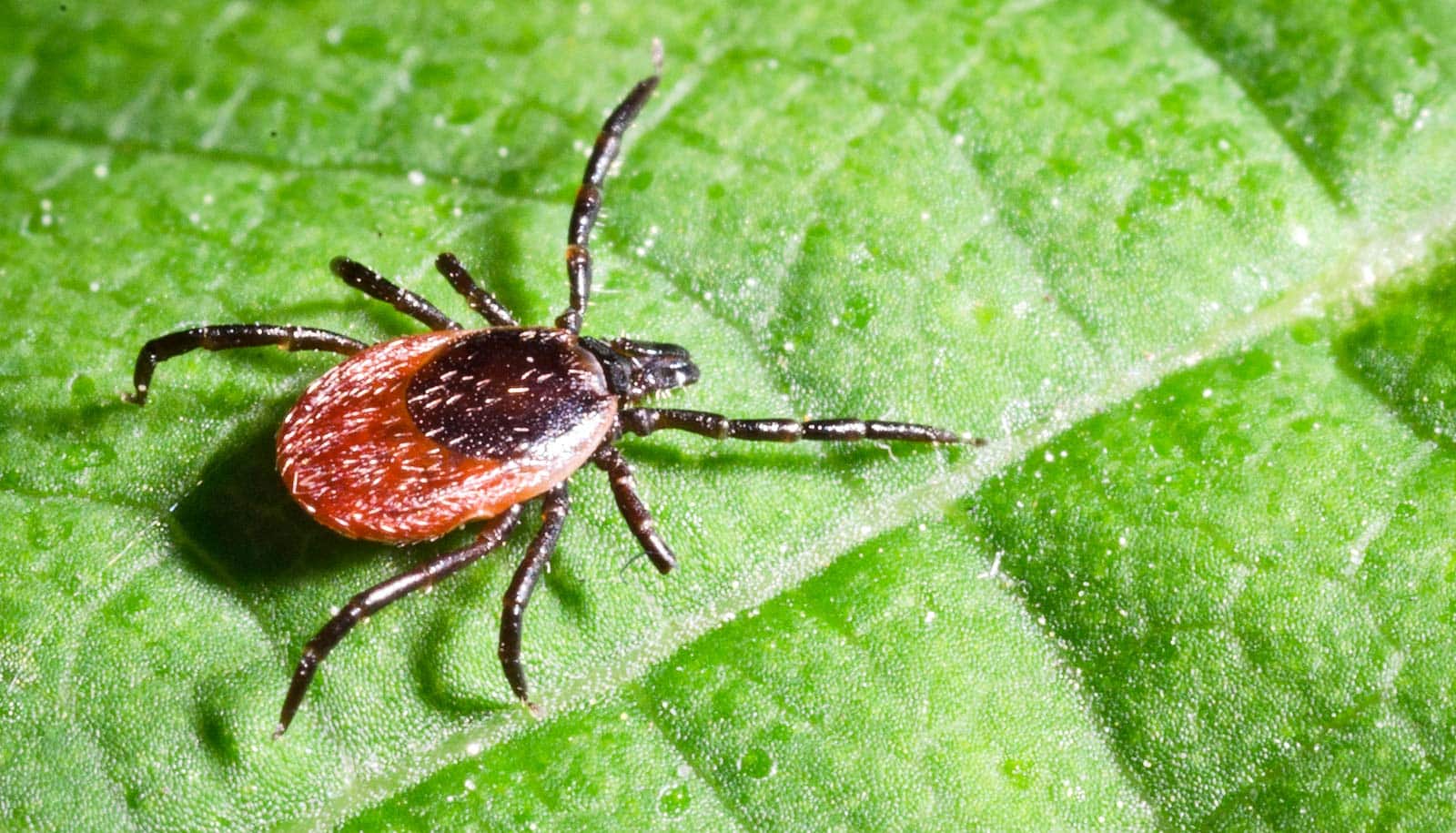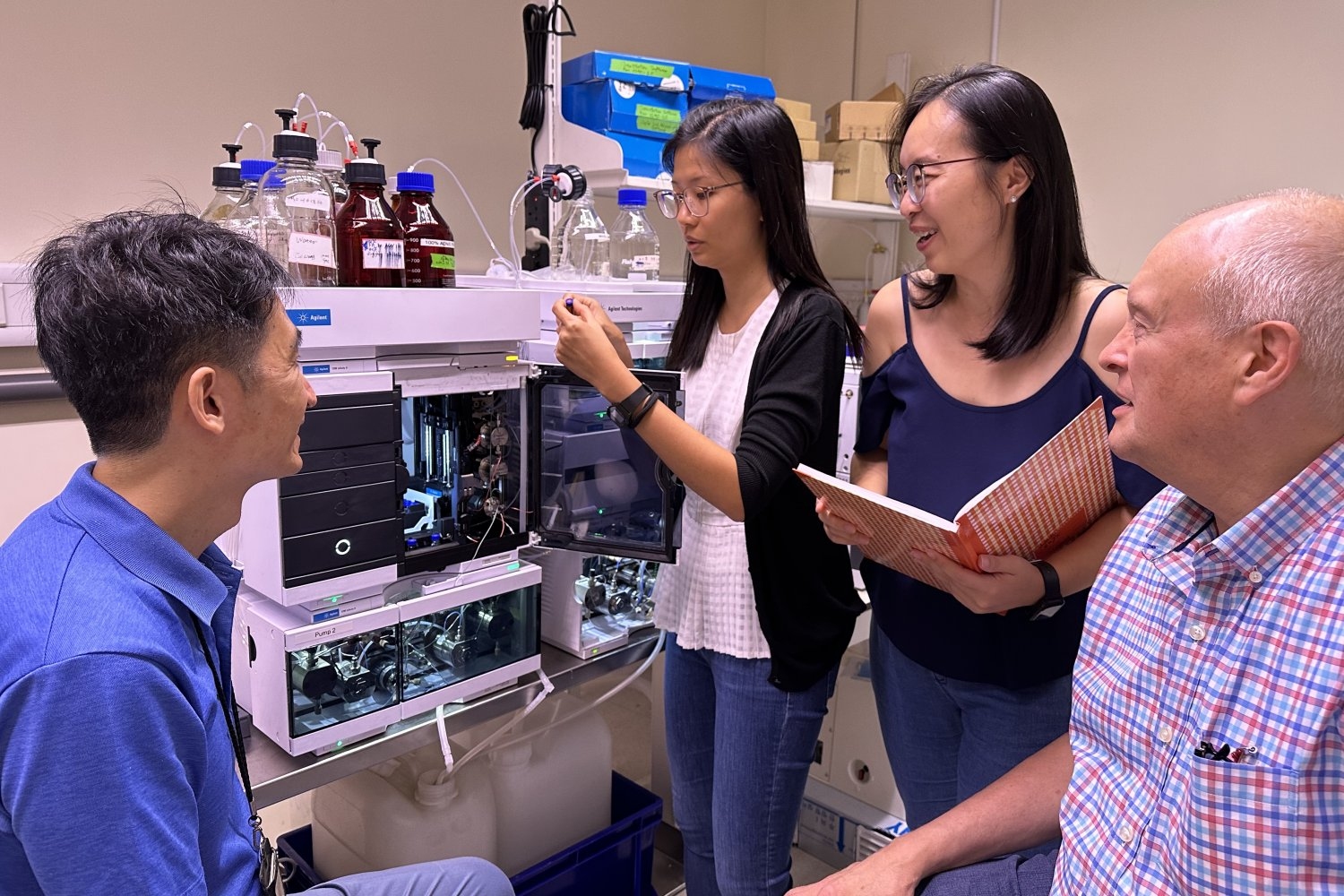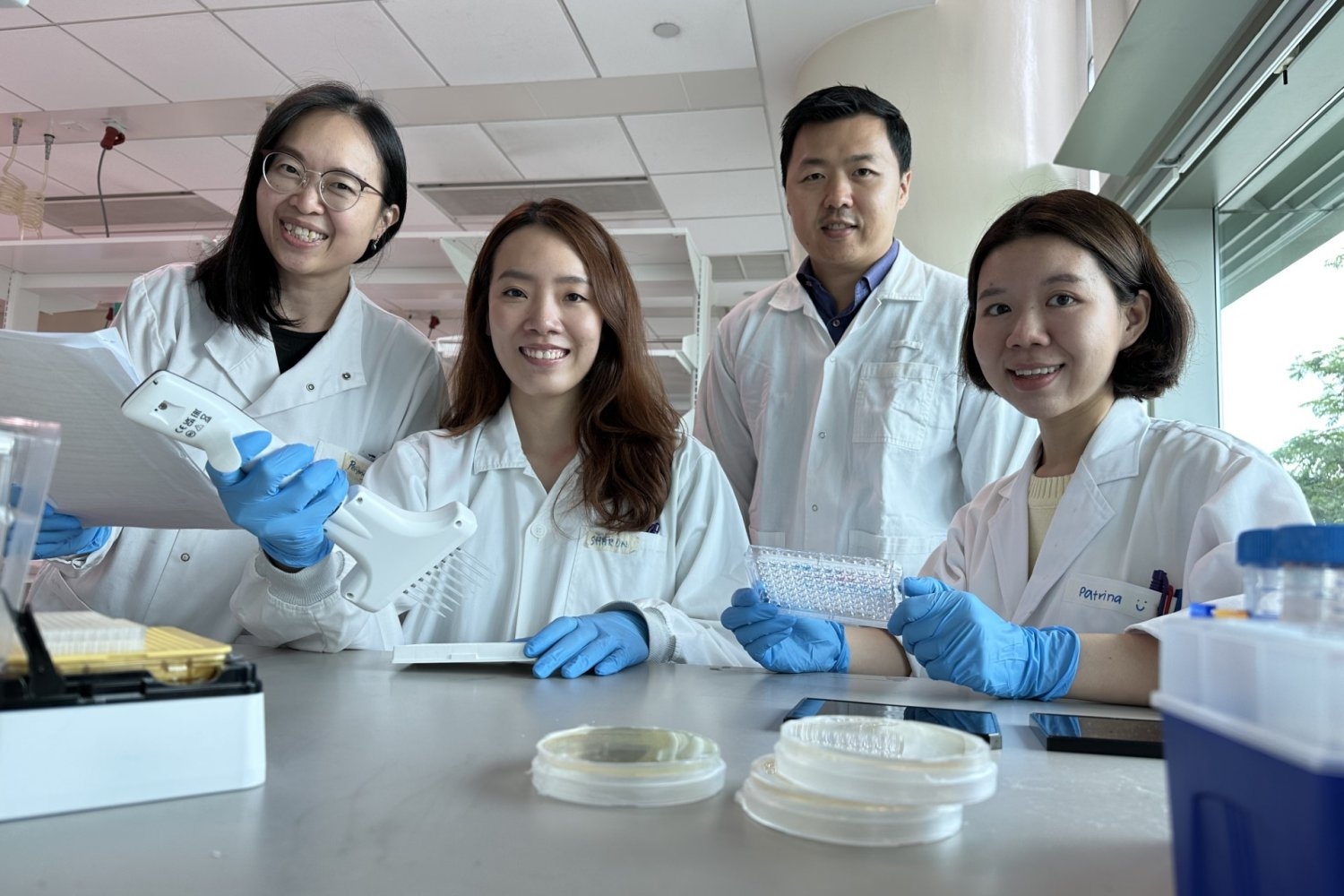Only 1% of chemical compounds have been discovered – here's how we search for others that could change the world
The limitless world of chemistry and how researchers investigate it.
Matthew Addicoat, Senior Lecturer in Functional Materials, Nottingham Trent University
• conversation
Oct. 17, 2023 • ~8 min
Oct. 17, 2023 • ~8 min
Tenacious curiosity in the lab can lead to a Nobel Prize – mRNA research exemplifies the unpredictable value of basic scientific research
The winners of the 2023 Nobel Prize in physiology or medicine made a discovery that helped create the COVID-19 vaccines. They couldn’t have anticipated the tremendous impact of their findings.
André O. Hudson, Dean of the College of Science, Professor of Biochemistry, Rochester Institute of Technology •
conversation
Oct. 3, 2023 • ~9 min
Oct. 3, 2023 • ~9 min
Strep throat can easily be confused with throat infections caused by viruses – here are a few ways to know the difference
Despite an abundance of research on strep, there is still a great deal of debate in the scientific community over whether and when people should get tested and treated for it.
Allen Shaughnessy, Professor of Family Medicine, Tufts University •
conversation
July 12, 2023 • ~9 min
July 12, 2023 • ~9 min
_E. coli_ is one of the most widely studied organisms – and that may be a problem for both science and medicine
Researchers uncovered the foundations of biology by using E. coli as a model organism. But over-reliance on this microbe can lead to knowledge blind spots with implications for antibiotic resistance.
Tobias Dörr, Associate Professor of Microbiology, Cornell University
• conversation
July 5, 2023 • ~8 min
July 5, 2023 • ~8 min
/
19








